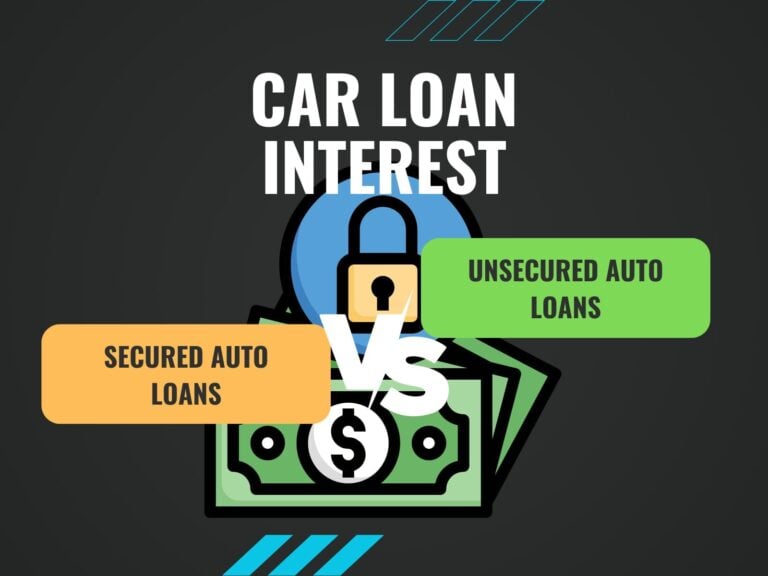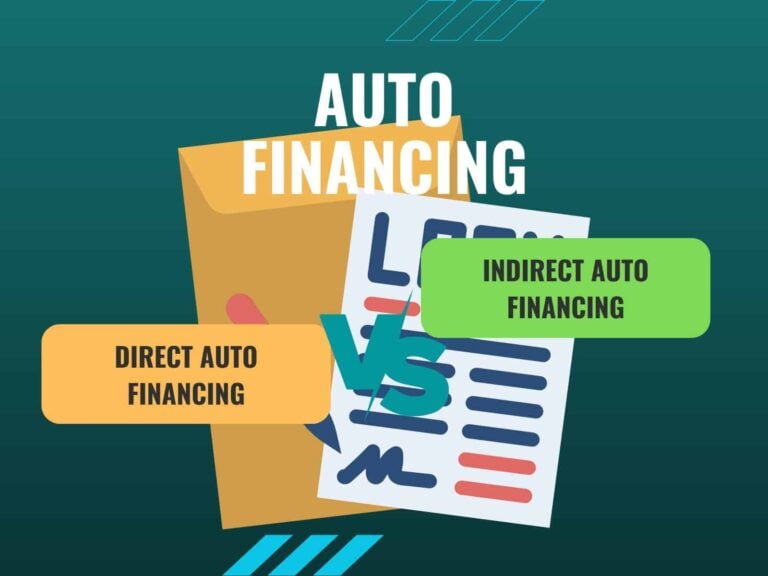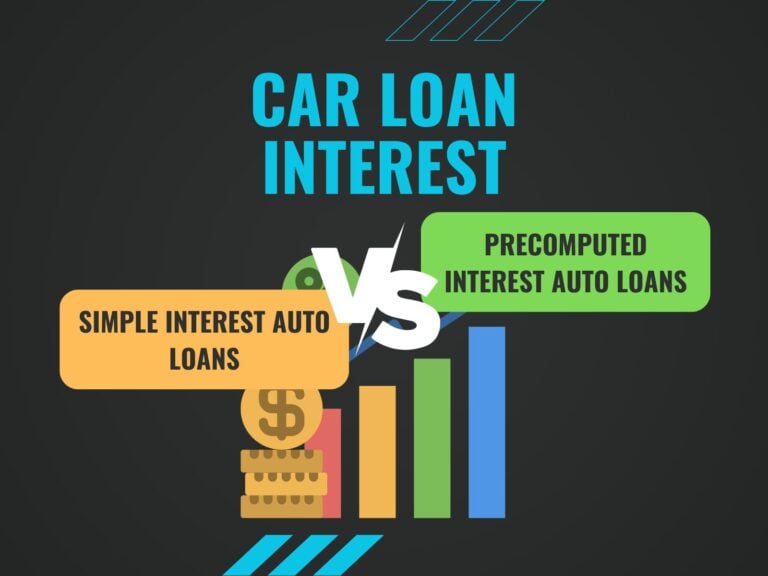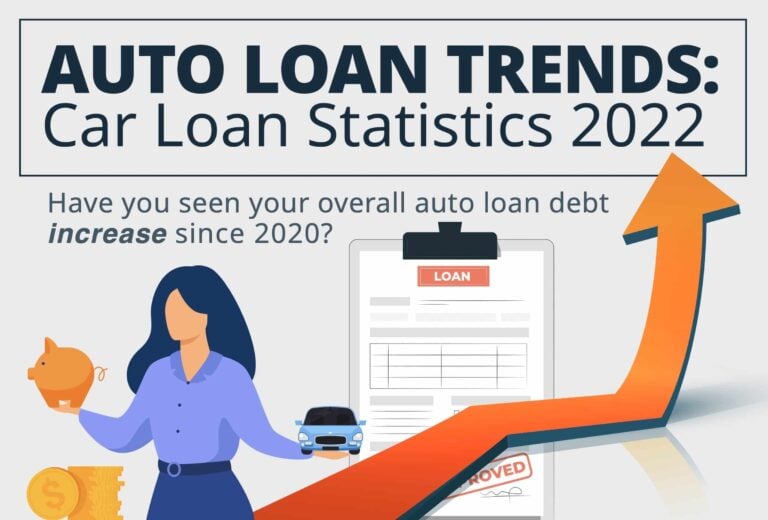Georgia Debt Settlement
The state of Georgia includes the eighth highest population within the United States, with approximately 10.4 million residents, and covers an area of 59,425 square miles, placing it mid-pack nationwide (24th) in terms of geographic size. Overall, Georgia is more densely populated than average, ranking 18th in the nation. However, population density is significantly higher within the Atlanta Metropolitan area, where more than half of the state’s population resides. With 5.8 million residents, the Atlanta Metropolitan area is the ninth largest metropolitan area in the United States – despite it covering only 14% of the total land area of Georgia.

Corporate heavyweights such as Coca Cola, Home Depot, Delta Airlines, and United Parcel Service are headquartered in Georgia, and contribute significantly toward driving Georgia’s gross state product of $531 billion. This figure places Georgia ninth in the United States – and if it were a stand-alone country, Georgia’s economy would rank within the top thirty in the world. However, despite the strength of the Georgia economy, the state’s median household income level of $50,768 is almost 12% lower than the national median household income level of $57,617. In fact, a recent study from early 2017 indicates that approximately 73% of American consumers actually die in debt! (Source)
If you’ve got a debt problem, don’t take it with you to the grave. There is no better time than the present to start acting upon your debt problem. With proper planning, guidance and dedication, you can find your way out of debt.
Georgia Economic and Debt Statistics
Georgia Economic and Debt Statistics
Georgia residents tend to carry higher amounts of credit card debt than the national average, checking in at an average level of $6,470 – ranking 24th in the nation but 13.5% greater than the national average of $5,700. Meantime, compared with the 2017 nationwide average FICO score of 695, the typical Georgia resident’s 2017 FICO score registered substantially lower at 644, ranking next to last in the nation, with only Mississippi faring worse, at 642. Furthermore, 18% of Georgia citizens demonstrated a declining credit situation in 2017, as evidenced by a credit card bill that was 60 days or more overdue.
According to the St. Louis Fed, as of March 2018, the Georgia home ownership rate checked in at 62.8%, slightly lower than the nationwide homeownership rate of 64.2%. Meantime, a recent Experian report shows average mortgage debt level rose to $169,990, an increase of 2.6% compared to 2016, making Georgia’s modest year-over-year increase in average mortgage debt level among the lowest in the country. Looking at student loans, data compiled at the end of 2017 indicates that the average level of student loan debt for Georgia college graduates stood at $16,400, or 4% less than the national average of $17,126. In 2017, 61% of Georgia college students graduated with a student loan balance (39% of graduates had zero borrowings), leading to an average level of student loan debt for Georgia student borrowers of $27,754, placing Georgia mid-pack at 24th nationally.
Georgia Residents and Debt Settlement
If you are a resident of Georgia and are currently burdened by high levels of unsecured debt – including credit card accounts, private student loans, unpaid medical bills and personal loans – the process of pursuing debt settlement may make sense for you. Debt settlement occurs when a debtor successfully negotiates a payoff amount for less than the total balance owed on a debt. This lower amount is agreed to by the creditor or collection agency and is fully documented in writing. Ideally, this lower negotiated amount is paid off in one lump sum, but it can be paid off over time. Though creditors are under no legal obligation to accept debt settlement offers, negotiating and paying lower amounts to settle debts is far more common than you may realize.
Georgia Consumer Debt Laws
Credit Card companies and other creditors are permitted to contact Georgia residents directly regarding debts, particularly in a situation involving delinquent payments. However, debt collection agencies are required to comply with the the Federal Fair Debt Collection Practices Act (FDCPA), as well as the Georgia Fair Debt Collection Practices Act (GFDCPA), and are therefore prohibited from taking certain actions. Under the FDCPA, collection agencies are prohibited from informing employers about a debt or attempting to collect a fee in excess of any debt owed.
Debt collection agencies are also prohibited from communicating in a manner that simulates a judicial process or gives the appearance of a governmental action. Additionally, debt collection agencies are prohibited from contacting debtors or debtor family members at unusual hours or with a frequency that may be reasonably construed under the law as harassment or abuse.
Meantime, the GFDCPA requires debt collectors and industrial lenders to comply with additional provisions somewhat broader than those included in the FDCPA that also limit the manner in which collection agencies and industrial lenders are allowed to communicate with debtors. These include threats of physical harm, trespass of property, and holding the debtor up to public ridicule. When these provisions are violated, the GFDCPA provides consumers with the remedy of a single penalty assessed on debt collectors and industrial lenders of twice the amount of interest fees charged.


Georgia Statute of Limitations on Debt Collection
When sufficient time passes in a situation in which consumer debts have gone unpaid, a debt collector can lose the legal right to sue for non-payment. In the state of Georgia, the statute of limitations on debt collection varies according to the type of debt involved. For written contracts, the statute of limitations is six years, with the clock beginning to tick from the date of last payment.
For credit card accounts and oral agreements, the statute of limitations is four years. For these types of debts, the clock begins ticking from the “date of default,” which is typically thirty days after the last payment was actually made. When debts remain unpaid prior to the statute time period elapsing in full, creditors maintain legal right to sue for non-payment and are permitted to engage debt collection agencies who can make persistent attempts at collection – as long as they remain within the boundaries mandated by the FDCPA and the GFDCPA.
Get Help if You Need It
Getting out of debt is never an easy process. If debt settlement is the proper avenue for you, be honest with yourself. Decide whether you possess the background, strength and fortitude to negotiate directly with creditors yourself – or whether engaging the services of an experienced and reputable debt settlement company will serve your needs best. Remember, the goal is to save the greatest amount of money and time while minimizing any ensuing damage to your credit score and profile.
A reputable debt settlement company will provide a realistic estimate and time frame for making offers to your creditors that can ultimately result in settlements that save you significant amounts of money, time, and aggravation. Contact us here at United Settlement, where our experienced credit counselors possess relationships with the major credit card lenders and a broad understanding of the debt marketplace. We can help you achieve the peace of mind that comes with living a debt-free lifestyle.
Debt Resources & Additional Reading
Additional Related Insights & Articles





Credit Card Debt Relief Reviews

Ready To Get Started?
See if you qualify for debt relief. Get A Free Savings Estimate to see how quickly you can be debt free.
Embrace financial freedom with our tailored solutions, expert guidance, and unwavering commitment to your success.
Experienced Professionals
Our team comprises seasoned experts who have successfully navigated countless clients towards a debt-free life.
Customized Solutions
We understand that every financial situation is unique. That’s why we craft bespoke debt relief plans tailored to your specific needs.
High Success Rate
Our track record speaks for itself. Our effective strategies and dedicated approach ensure tangible results.
Confidential Consultation
Your privacy is paramount. Rest assured, our consultations are carried out with the utmost discretion and confidentiality.





